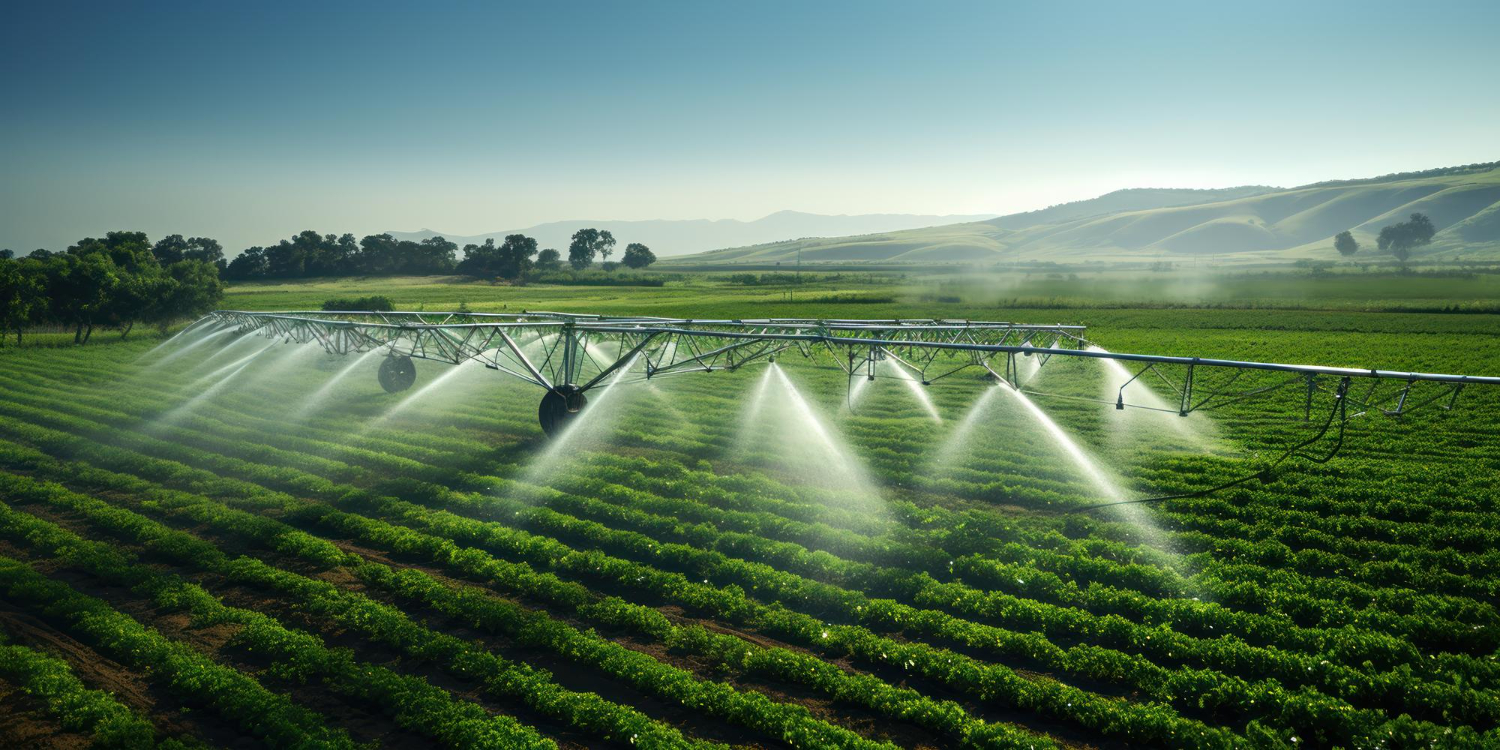Introduction
The technologies in the installation and maintenance of irrigation systems have advanced significantly in recent years. At Vancouver Grand Construction Inc., we understand the importance of efficient irrigation for both residential and commercial landscapes. These modern technologies ensure that landscapes stay healthy while conserving water and reducing costs. From smart controllers to advanced sensors, these innovations make irrigation systems more effective and easier to maintain. In this article, we explore the latest technologies in the installation and maintenance of irrigation systems.
Description About Technologies in the Installation and Maintenance of Irrigation Systems
1. Smart Irrigation Controllers
Smart irrigation controllers are a game-changer in the installation and maintenance of irrigation systems. These devices automatically adjust watering schedules based on weather conditions, soil moisture, and plant needs.
How They Work:
- Weather-Based Adjustments: Smart controllers use local weather data to determine when and how much to water. This helps prevent overwatering and reduces water waste.
- Soil Moisture Sensors: These sensors monitor soil moisture levels in real time. When the soil reaches the desired moisture level, the system automatically stops watering.
- Remote Access: Many smart controllers connect to smartphones or computers, allowing homeowners to adjust settings remotely.
Benefits:
- Water Conservation: Smart controllers significantly reduce water usage by preventing unnecessary watering.
- Cost Savings: By conserving water, these systems lower utility bills and reduce the overall cost of landscape maintenance.
- Healthier Plants: Consistent and appropriate watering ensures that plants receive the right amount of water, promoting healthier growth.
2. Drip Irrigation Systems
Drip irrigation is another effective technology in the installation and maintenance of irrigation systems. This method delivers water directly to the root zone of plants through a network of tubes and emitters.
How It Works:
- Targeted Watering: Drip irrigation provides water directly to where it’s needed most. This reduces evaporation and runoff, making it highly efficient.
- Customizable Emitters: Emitters can be adjusted to deliver different water amounts, depending on the needs of specific plants.
- Easy Installation: Drip systems are simple to install and can be customized to fit any landscape design.
Benefits:
- Water Efficiency: Drip irrigation systems use less water than traditional sprinklers, saving up to 50% of water.
- Reduced Weed Growth: By watering only specific areas, these systems minimize water wastage and reduce weed growth.
- Low Maintenance: Drip systems require minimal maintenance and are less prone to damage from lawn equipment or foot traffic.
3. Advanced Sprinkler Technologies
Modern sprinklers have evolved to become more efficient and effective, making them a valuable addition to the technologies in the installation and maintenance of irrigation systems.
Innovations:
- Rotary Nozzles: Rotary nozzles distribute water more evenly and at a slower rate, reducing runoff and ensuring deep soil penetration.
- High-Efficiency Sprinklers: These sprinklers use less water while providing broader coverage, making them ideal for large lawns and gardens.
- Pop-Up Sprinklers: Pop-up sprinklers are hidden when not in use, preventing damage and maintaining a clean landscape appearance.
Benefits:
- Uniform Coverage: Advanced sprinklers ensure even water distribution, preventing dry spots and overwatering.
- Reduced Water Waste: These systems use water more efficiently, saving resources and reducing costs.
- Durability: Modern sprinklers are designed to withstand harsh weather conditions and heavy use, making them a long-lasting solution.
4. Automated Maintenance Systems
Automated maintenance systems are revolutionizing the upkeep of irrigation systems. These technologies detect issues early and perform routine maintenance tasks without human intervention.
How They Work:
- Leak Detection: Automated systems monitor water flow and pressure, detecting leaks or blockages before they become major problems.
- Self-Cleaning Filters: Some systems include self-cleaning filters that remove debris from the water supply, reducing clogs and extending the life of the system.
- System Diagnostics: Automated maintenance systems can run diagnostics to check for any malfunctions or inefficiencies in the irrigation system.
Benefits:
- Reduced Downtime: By detecting and addressing issues early, these systems minimize downtime and keep irrigation systems running smoothly.
- Lower Maintenance Costs: Automated systems reduce the need for manual inspections and repairs, saving time and money.
- Peace of Mind: Homeowners can trust that their irrigation systems are operating efficiently, with minimal maintenance required.
Conclusion
The technologies in the installation and maintenance of irrigation systems are constantly evolving. At Vancouver Grand Construction Inc., we leverage these advancements to provide efficient, sustainable, and cost-effective irrigation solutions for our clients. From smart controllers and drip irrigation to advanced sprinklers and automated maintenance, these technologies ensure that landscapes remain healthy and vibrant. By adopting these modern methods, we can conserve water, reduce costs, and create beautiful, sustainable landscapes.
Contact Us
We are always happy to discuss your projects and offer the best solutions. Learn more about our services and modern construction technologies on our website.
